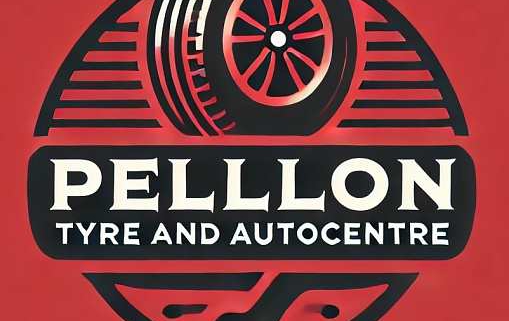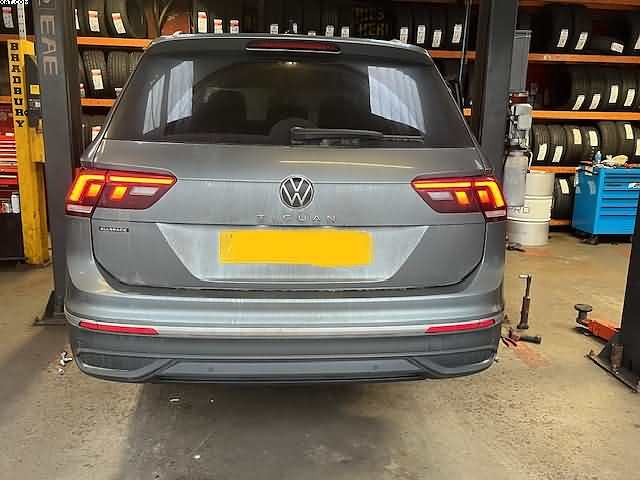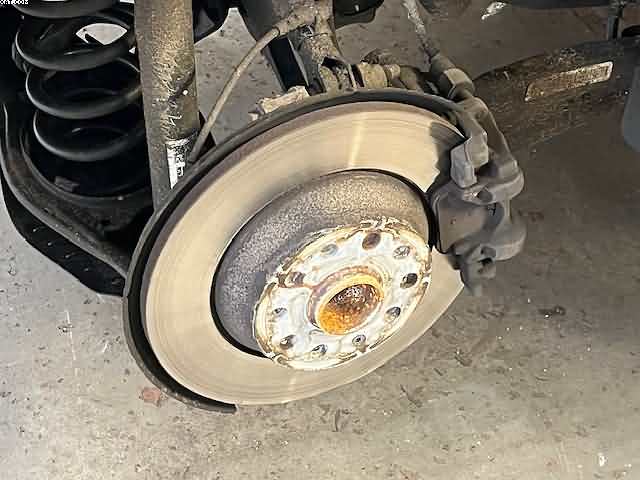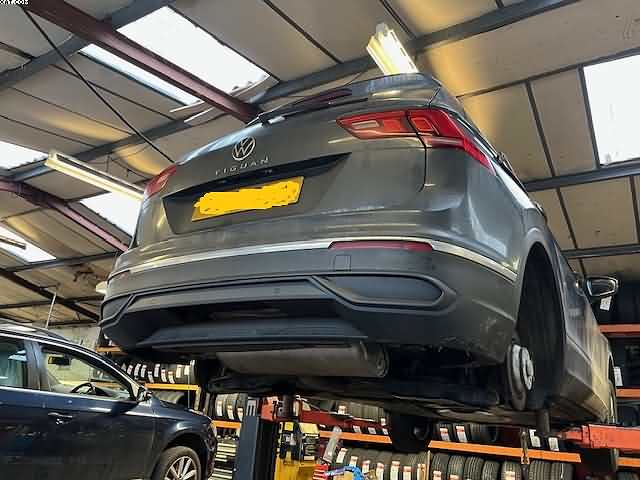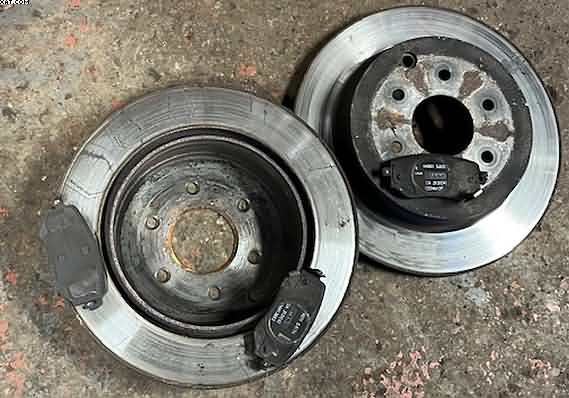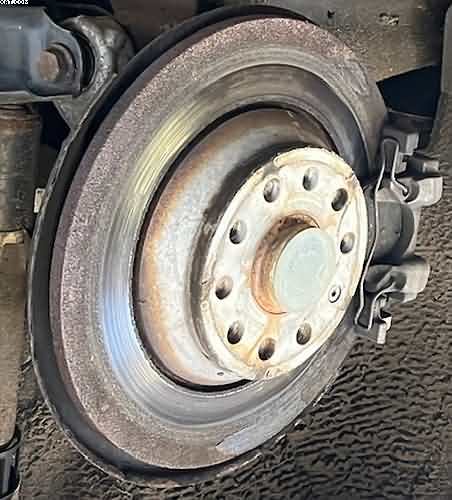VW Tiguan for New Bridgestone Tyres
Table of Contents
VW Tiguan for New Bridgestone Tyres
VW Tiguan for New Bridgestone Tyres
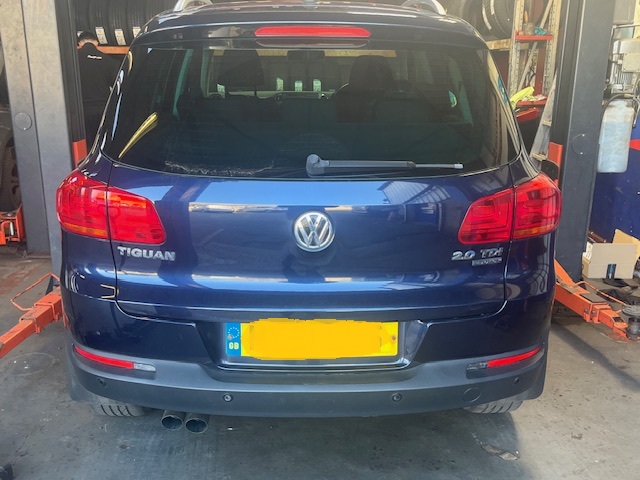
Pellon Tyres has new Bridgestone tyres for a VW Tiguan.
We had a **Volkswagen Tiguan** roll in for **two new Bridgestone tyres** the other day at **Pellon Tyres**. The customer needed a **reliable, all-season option** to keep their SUV safe on the road because they had discovered that their front tyres were wearing down and because Yorkshire weather can be unpredictable.
We immediately got to work as usual. Before the wheels were replaced, the tyres were quickly supplied and fitted, making sure everything was **balanced correctly**. However, the consumer was **shrewd** and understood that simply putting on new tyres is insufficient. Before departing, they also decided to get a **wheel alignment** to get the most out of them.
The significance of **proper alignment** is often overlooked by drivers, particularly when it comes to SUVs like the Tiguan. You will have **uneven tyre wear, poor fuel efficiency, and handling that just doesn’t seem right** if your wheels are even slightly off, which is not ideal for navigating the hills of **West Yorkshire**!
The customer was pleased to know that their Tiguan was ready for the upcoming months once everything had been inspected and fixed. They were soon back on the road.
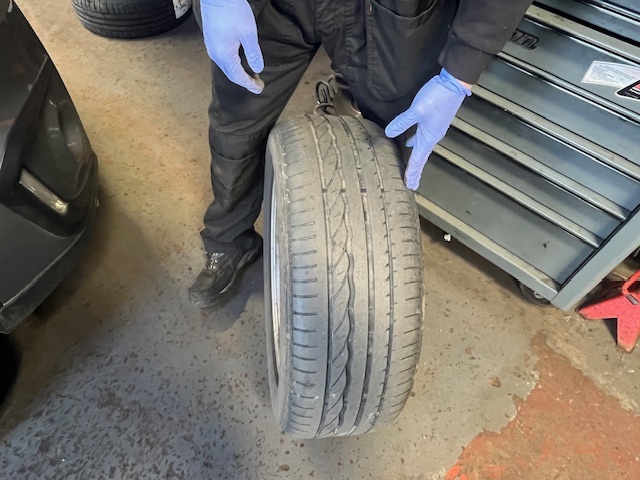
A Synopsis of the VW Tiguan’s UK History – VW Tiguan for New Bridgestone Tyres
Since its debut in **2008**, the **Volkswagen Tiguan** has been a **great success in the UK**. The Tiguan, which was **VW’s response to the growing demand for compact SUVs** — something useful for families but yet fun to drive — was built on the **Golf platform**.
The Tiguan initially had to contend with fierce competition from vehicles like the **Ford Kuga** and the **Nissan Qashqai**, but it soon gained a devoted fanbase. Drivers praised its solid build quality, efficient engines, and pleasant ride for extended motorway journeys or when navigating the twisty B-roads around Halifax and beyond.
Arriving in **2016**, the **second generation** advanced the game with a **sharper design, better technology, and even more space**. The **Tiguan Allspace**, a longer, seven-seater model ideal for larger families, was also added to the lineup.
The Tiguan’s seamless integration into modern life is evident in its status as VW’s top-selling vehicle globally by 2020. Currently, the Tiguan remains one of the most well-liked SUVs in the UK thanks to its **hybrid options and performance-focused R versions**.
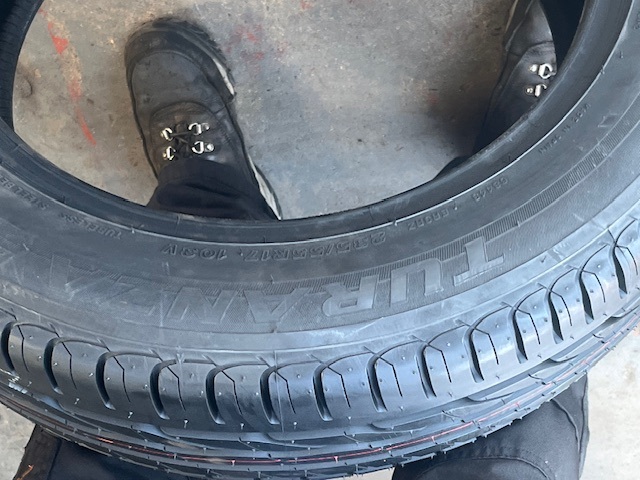
UK Bridgestone Tyres: Dependable Quality-VW Tiguan for New Bridgestone Tyres
Bridgestone is one of the most well-known brands in the premium tyre industry. Bridgestone was first established in Japan in **1931** and has been a major force in the **UK tyre business for decades**. Bridgestone offers tyres for any kind of driver, whether they are **high-performance tyres, all-season alternatives, or fuel-saving eco-friendly designs**.
The **Bridgestone DriveGuard** is one of their most notable inventions; it enables drivers to continue driving even after a puncture, making it perfect for UK roads where potholes appear to be a constant occurrence! Additionally, they have a significant presence in **motorsport, having formerly supplied tyres for Formula 1,** and are still advancing tyre technology.
Bridgestone tyres are a highly recommended option for a **Volkswagen Tiguan**.
From **highway commutes to country lane adventures**, they are ideal because of their **excellent grip, durability, and comfort**.
Therefore, like our customer did, if you need new tyres for your Tiguan (or any other SUV), make sure they are **fitted properly and aligned correctly**. We invite you to visit Pellon Tyres in Halifax, where we will promptly assist you. 🚗🔧
💨
